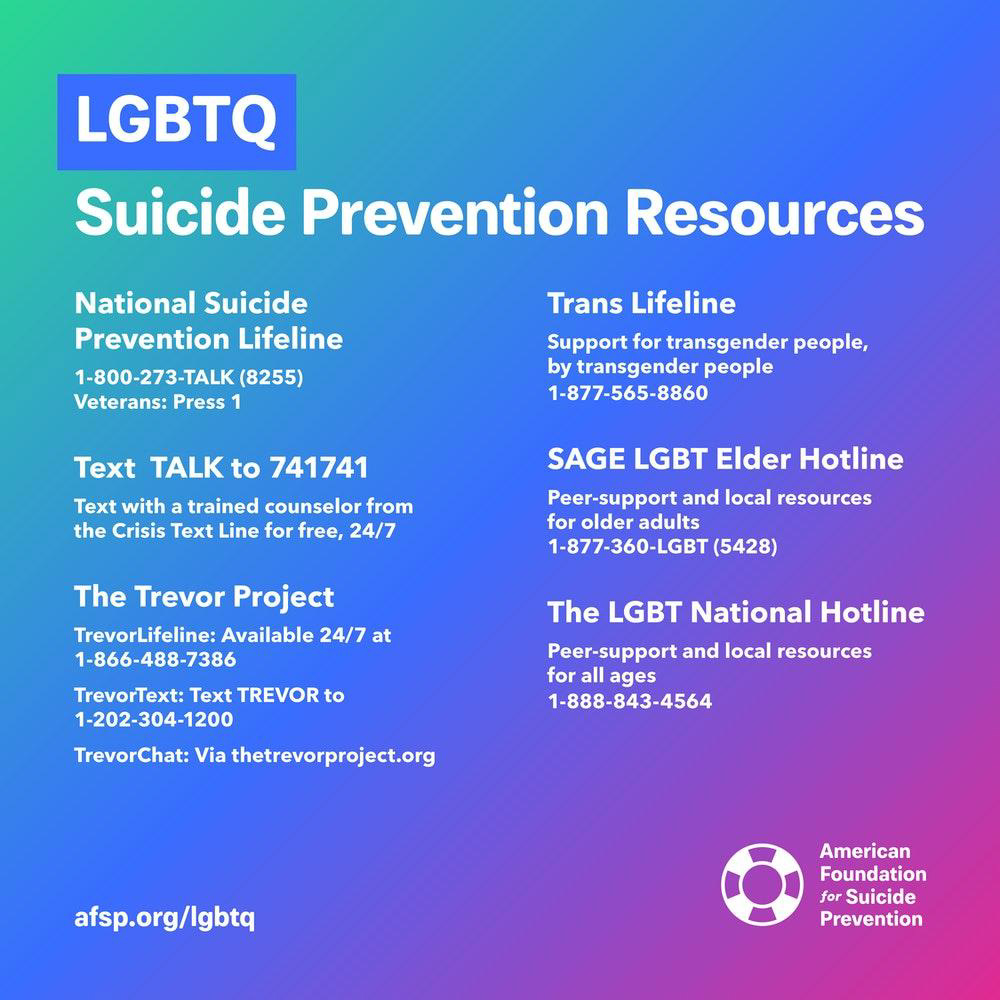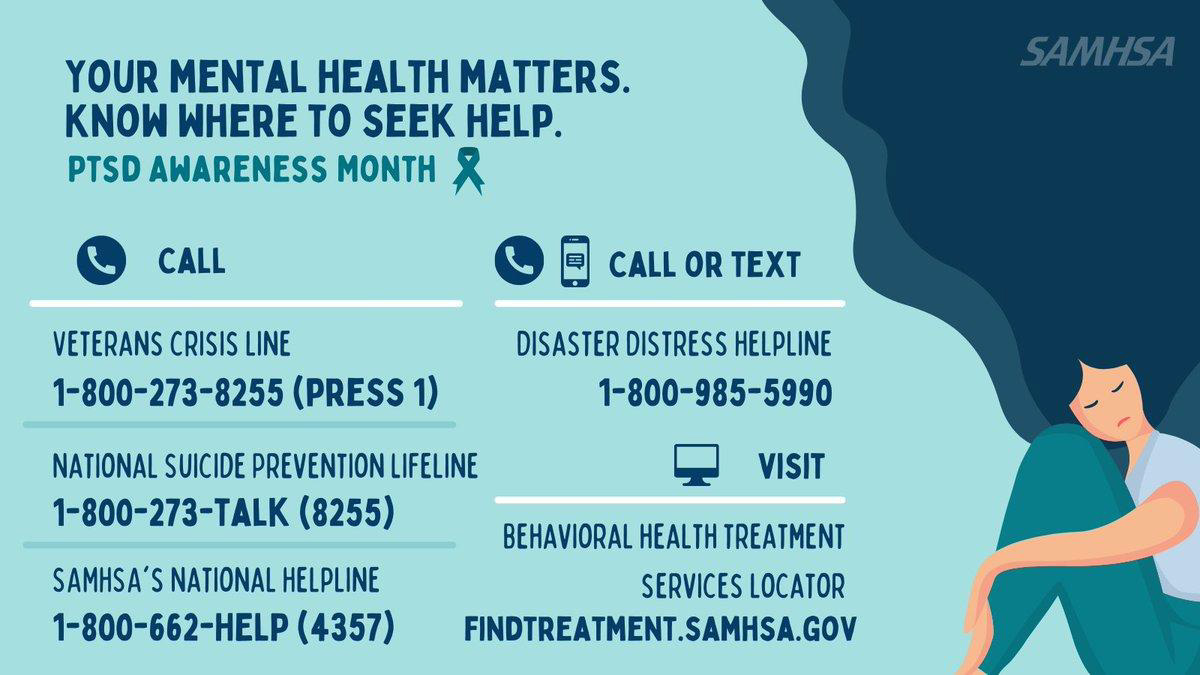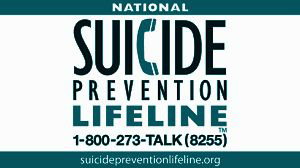Skillful loving is not easy especially when a close friend or family member experiences a relapse. As people in recovery, it is important that we acknowledge our own limitations in being ‘helpful’ when those we love struggle. Depriving someone of their own experience of relapse can be damaging to future recovery efforts.
Often our helpfulness can turn to needing to control another person’s actions and behaviors. We might become enmeshed or overly invested in someone else’s sobriety which can put us at risk for relapse. This is not to say we don’t offer help to those who reach out to us but we are not doing it for them. No one of us has the power to get another person high or sober.
Unskillful Ways of Loving Someone Through a Relapse
- Answering phone calls or texts when you know someone is currently high.
- Making yourself available at any time to go pick someone up or rescue them.
- Tracking their location on your phone.
- Abandoning your own meetings or recovery under the guise of helping them.
- Going to meet up to support someone who is using alone.
- Not setting boundaries to protect yourself.
- Protecting their relapse or making excuses for them.
How to Detach With Love

Understood this way, detachment with love plants the seeds of helping an addict with recovery. We allow them to face the natural consequences of their behavior. In many cases, doing nothing for the addict is the kindest act a loved one can do for them.
Perhaps the essence of detachment with love is responding with choice rather than reacting with anxiety, anger, or fear which can cloud our judgment. Loving detachment does not mean walking away or blocking your heart from caring. Simply said, detaching with love means that individuals continue to love and care, but stop trying to be problem solvers for addicted loved ones.
It is important to find help and support when someone you know may be suffering from addiction or has recently relapsed groups like Al-Anon, Nar-Anon, or individual therapy are all very useful tools to stay in a place of loving detachment.
According to Al-Anon literature,
“Detachment is neither kind nor unkind. It does not imply judgment or condemnation of the person or situation from which we are detaching. It is simply a means that allows us to separate ourselves from the adverse effects that another person’s alcoholism can have upon our lives.”
Skillful Ways to Love Someone Who Has Relapsed
Let them know that you are unwilling to speak to them unless they are physically sober on the call. Set a time limit for the call. Do not repeatedly make yourself a receptacle for their pain gently encourage and redirect them to their sponsor or therapist for support.

Ask them if they are willing to meet you at a meeting, do not fellowship with them alone, and introduce them to others who can be useful in helping if you cannot.
Set boundaries to protect your recovery. This might be drafting a text message that states you are detaching with love and then blocking their number for a period of time.
Be kind and non-judgemental of their story. Relapse is a very painful experience and we can help by encouraging internal resiliency and self-efficacy in recovery. Support them in taking action for themselves.
Support Groups that Might Help You Love Skillfully
Al-Anon
Al-Anon is one of the longest-running family support groups in the country. It was founded in 1951 for the relatives and spouses of members of Alcoholics Anonymous. Now it is one of the largest support groups in the country and offers help and strength to friends and families of problem drinkers.
NAMI
The National Alliance on Mental Illness is a grassroots organization that supports those living with or affected by mental illness. NAMI Family Support Group is a peer-led program that is similar to Al-Anon or Nar-Anon, but specifically for mental illness.
Nar-Anon
Nar-Anon is similar to Al-Anon but focuses on drug addiction as opposed to alcoholism. It’s a 12-step based family support group for those affected by drug addiction. There are sponsors, meetings, and people who have recovered from their codependent or unhealthy relationships to offer support.
CoDA
CoDA stands for Co-Dependents Anonymous. This group offers support to people who have been in or are currently in co-dependent relationships. Co-dependency is extremely common in relationships strained by addiction.
How to Help if You Are With Someone Who Is Suicidal
Encourage the person to seek professional help and offer to help them identify and contact resources.
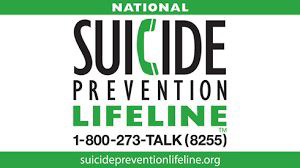
Ask the tough and detailed questions. ‘Do you have a plan?’ ‘Have you ever attempted before?’ ‘Do you feel as if you could do something to hurt yourself today?’ ‘Are you scared to be alone right now?’
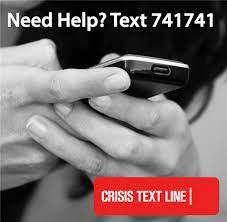
Ensure that all means are removed from the person’s access. This might include guns, knives, medications, alcohol, and poisons. If this person is not a close friend, be sure to alert someone who will have the ability to remove means.
How to Help if Someone You Know Is a Suicide Risk
If someone you know has expressed the desire to harm themselves or another person with intent on action then you can call your local authorities to have a ‘Wellness Check’ performed by police.
What Is a Wellness Check?
A wellness check is something you can ask the police to do whenever you’re concerned about a loved one’s well-being. Once initiated police will go to a person’s home and check on their welfare. A current physical location of the person or address where they are is required to perform a welfare check.
The first step to take whenever you’re concerned about the well-being of someone close to you and you’d like the authorities to check on that person is to contact your local law enforcement agency’s non-emergency number. If the situation is extremely urgent and you have reasons to believe that the authorities should do something immediately, you can call 911.







